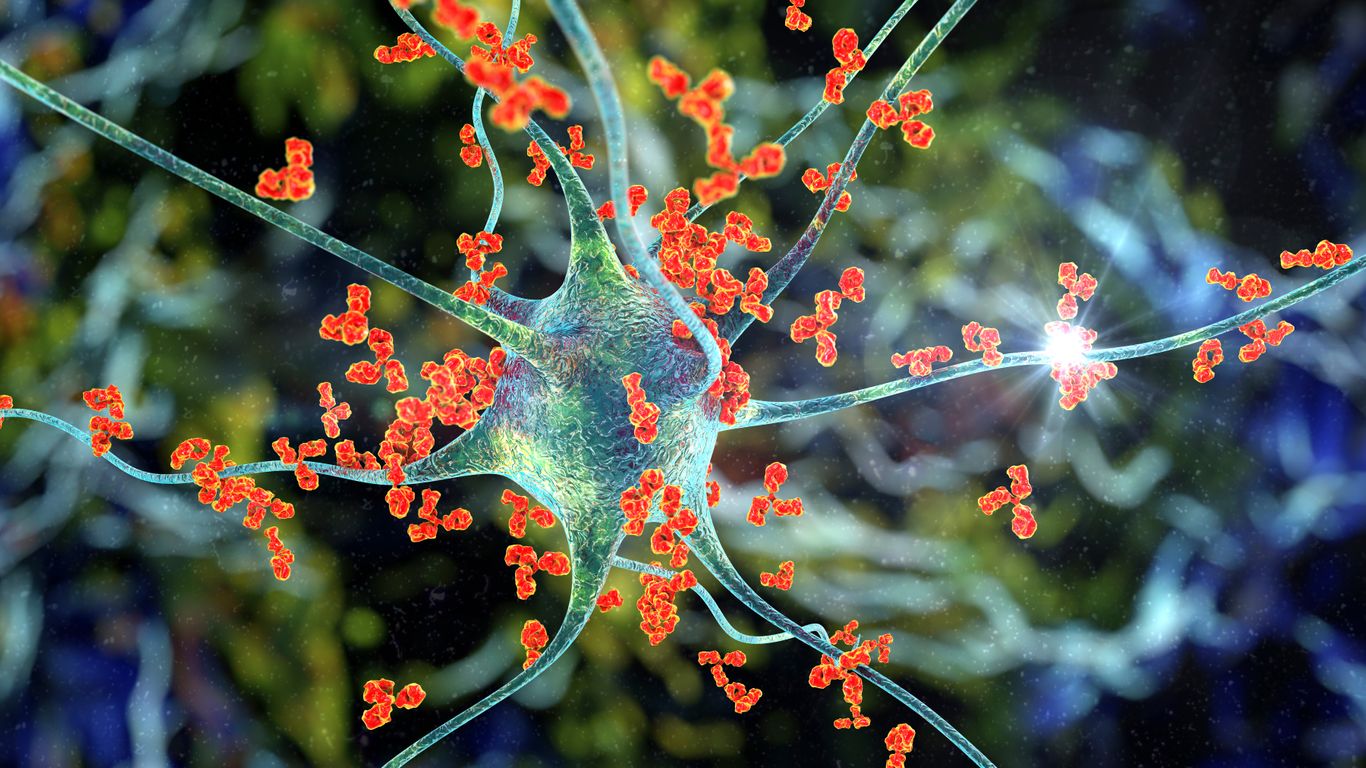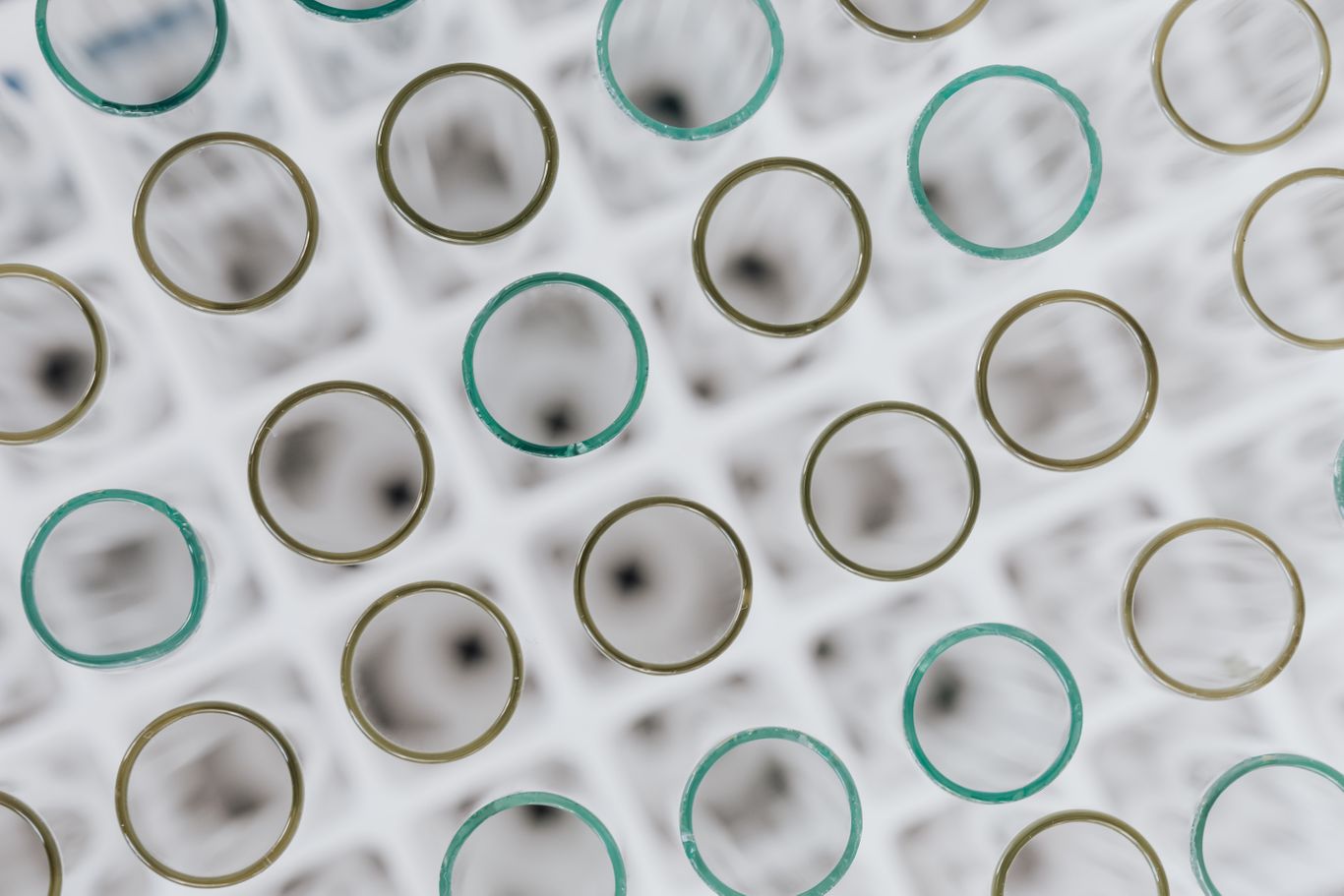
Autoimmune conditions
Autoimmune conditions form a group of serious indications caused by the immune system attacking self-antigens. At Hansa Biopharma, we are exploring ways in which our unique antibody-cleaving technology can help patients by counteracting or preventing the immune reactions that cause these debilitating and potentially life-threatening conditions.
In various autoimmune diseases, the immune system mistakenly recognizes the body’s own proteins, or “self,” as “non-self” and mounts an immune response, creating antibodies which are directed to the body’s own cells and tissues. Depending on which cells or tissues are targeted by the immune response, different clinical symptoms may result, with pathogenic IgG contributing to a broad spectrum of autoimmune diseases.
Imlifidase is currently being evaluated in clinical trials as a potential treatment for two rare autoimmune diseases where IgG plays a significant role: anti-glomerular basement membrane (anti-GBM) disease, and Guillain-Barré Syndrome.
Anti-GBM disease
Anti-glomerular basement membrane disease, or anti-GBM, is a rare, severe kidney disease affecting around one in 1 million people annually1. In this condition, immune system mistakenly develops IgG antibodies against an antigen intrinsic to the glomerular basement membrane, resulting in an acute immune attack on the kidneys and, in some patients, on the lungs. Severe anti-GBM can be fatal, sometimes causing kidney failure and bleeding in the lungs1,2.
Imlifidase has been granted orphan drug designation in anti-GBM antibody disease by both the US Food and Drug Administration and European Commission. We have announced positive high-level data from an investigator-initiated Phase 2 trial with imlifidase (GOOD-IDES-01) to treat anti-GBM disease in combination with standard of care3. Further clinical development is progressing.
Patient stories
Suspended time: a journey from diagnosis to transplant
"Dialysis may sound simple, but it isn’t, and over the course of his treatment Ron underwent several different kinds, all of which made him feel awful."

Guillain-Barré Syndrome (GBS)
GBS is an acute, rare, paralyzing, inflammatory disease of the peripheral nervous system usually preceded by an infection or other immune stimulation that induces an aberrant autoimmune response targeting peripheral nerves and their spinal roots. GBS is a rapidly progressive monophasic disorder often leading to a severe paresis of the arms and legs, with a long recovery period and often life-long complications.
GBS affects approximately 1-2 people per 100,000 annually each year and is fatal in 3-7% of cases4,5. Despite treatment with current standard of care, two-thirds of patients have severe symptoms resulting in inability to walk unaided, and 20 to 30% require mechanical ventilation for a period ranging from days to months6,7. Progression of weakness in GBS is usually rapid, and typically reaches a maximum deficit within two to four weeks. Throughout the disease, a high proportion of patients experience pain of various types. Other symptoms include tingling, numbness or ataxia, with some also experiencing double vision or problems swallowing.
Even with subsequent recovery from the acute condition, many patients suffer from long-term complications, leaving 20% unable to walk after six months and many patients have residual clinical deficits, including weakness, sensory signs, fatigue, and pain.
Standard treatments for GBS include intravenous infusion of immune globulin (IVIg), that is thought to help stop the immune response, or plasma exchange, where the blood is filtered to remove the antibodies that are attacking the patients nerve cells. There is a significant need for better treatment options, however.
Imlifidase has been granted orphan drug designation for treating GBS from the US Food and Drug Administration. We have initiated an open-label, single arm, multi-center Phase 2 study to evaluate the safety, tolerability, and efficacy of imlifidase in combination with standard of care IVIg in GBS patients.
Reference:
1. Hellmark T, et al. J Autoimmun. 2014; Feb-Mar;48-49:108-12
2. Kluth DC, et al. J Am Soc Nephrol. 1999; Nov;10(11):2446-53
3. Uhlin F, et al. J Am Soc Nephrol. 2022 Mar 8;ASN.2021111460.
4. McGrogan A, et al. Neuroepidemiology. 2009; 32(2):150-63
5. Van den Berg B, et al., Nat Rev Neurol. 2014; Aug;10(8):469-82
6. Fletcher D, et al. Neurology. 2000 27;54(12):2311-5
7. Van Doorn P. Presse Med. 2013;42(6 Pt 2):e193-201.

